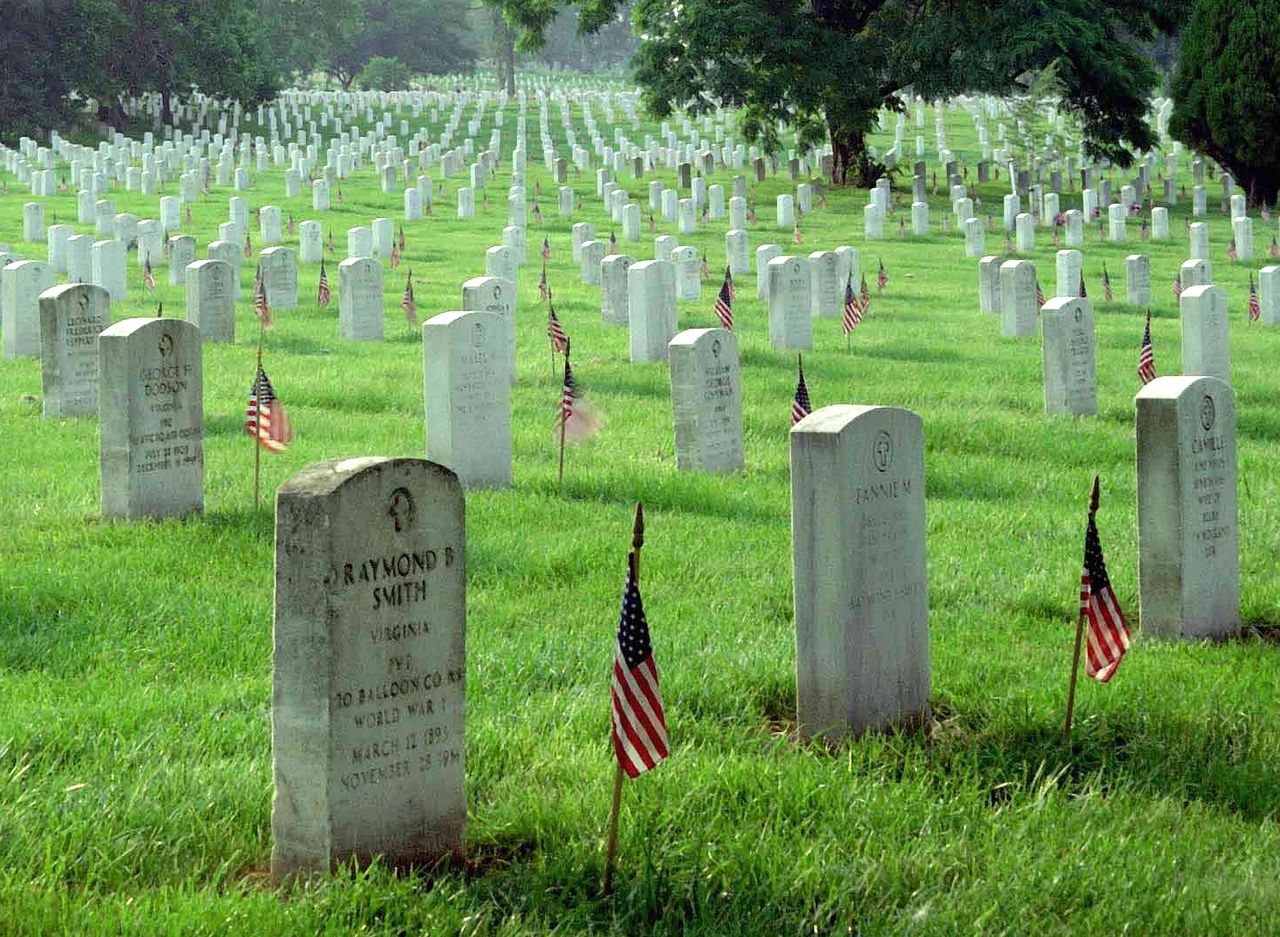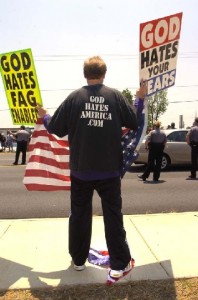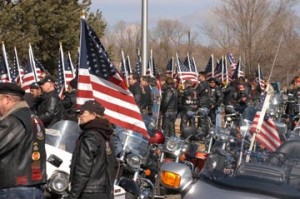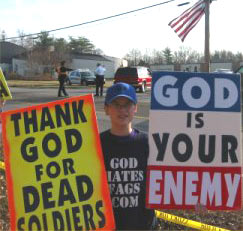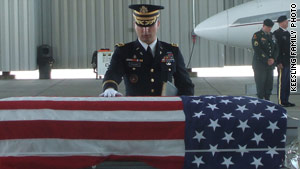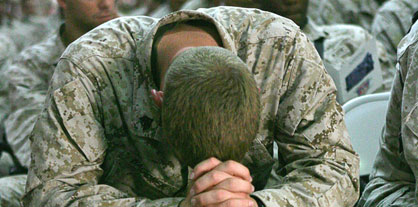 It’s unclear yet whether these tough economic times are driving up the suicide rate in America. The latest Centers for Disease Control and Prevention data on suicide among the general population is from 2006. Even if we had more current data to work with, there is a lot of extrapolation necessary to make that connection. However, I think it’s certainly a possibility, given the utter desperation of so many people out of work and out of hope.
It’s unclear yet whether these tough economic times are driving up the suicide rate in America. The latest Centers for Disease Control and Prevention data on suicide among the general population is from 2006. Even if we had more current data to work with, there is a lot of extrapolation necessary to make that connection. However, I think it’s certainly a possibility, given the utter desperation of so many people out of work and out of hope.
One thing we do know is that American soldiers, either still on active duty or those returning home, are facing serious mental health issues, some of which ultimately end in suicide. CNN has featured content lately about the increasing rates of soldier suicide. One story addresses the impact that multiple wars have had on enlisted and veteran personnel. Another discusses the “high risk behavior” that contributes to the rising Army suicide rate. Despite increased efforts by the Department of Defense to address the issue in the last several years, a successful coordinated effort and outcomes are still lacking.
Last year, Congress created the Joint Department of Defense Task Force on the Prevention of Suicide by Members of the Armed Forces. The findings of their report were released yesterday and concluded, in part, that:
“The years since 2002 have placed unprecedented demands on our armed forces and military families. Military operational requirements have risen significantly, and manning levels across the services remain too low to meet the ever-increasing demand,” said the report, released Tuesday. “The cumulative effects of all these factors are contributing significantly to the increase in the incidence of suicide.”
It goes on to say that:
“The Task Force also found that occasionally leadership environments (usually at the junior supervisory and sometimes at the mid-grade level) resulted in discriminatory and humiliating treatment of Service Members who responsibly sought professional services for emotional, psychological, moral, ethical, or spiritual matters, which not only deters help seeking but also reinforces the stigma.”
The NY Times recently ran a story and video about the inner workings of the suicide prevention hotline at the Department of Veteran Affairs in Canandaguia, NY. It is a powerful piece of reportage chronicling the desperate multiple life and death moments happening every day at the call center. The piece is about the struggles of the staff answering the calls and the returning men and women for whom calling the hotline may be a last resort.
While suicide statistics are kept for active-duty service members, no reliable data exists for veterans. The NY Times article reports that “…..estimates, while not universally accepted, seem alarming. According to the Centers for Disease Control and Prevention, veterans account for about one in five of the more than 30,000 suicides committed in the United States each year.”
There are more CDC suicide statistics and prevention info here.
What can be done? What should be done about this growing problem? I don’t have the answers, but here are a few thoughts. First and foremost, active-duty and returning service members need access to consistent and fully-funded mental health services. Help needs to be readily available and not tied up in bureaucratic red tape. For vets, calling a suicide prevention hotline is a temporary BandAid, not a fully developed action plan going forward. Vets suffering from PTSD and depression need to receive the same level of help found in physical rehabilitation programs at Walter Reed Army Medical Center. There need to be discussions around erasing the stigma of asking for help. Ultimately, it’s the war(s) that are to blame for soldier suicide. Yes, some of those soldiers may enter the service with pre-existing conditions that the presence of war only exacerbates, but war can never be good for the mind, the body or the soul. Eliminating the “trigger” is one step in the right direction. Obviously, there are no simple answers or solutions.
I recently saw an article in American Libraries that got me thinking as it relates to my own work. It’s about how New York Public Library’s telephone reference line, ASK NYPL, has developed a policy in handling calls from suicidal individuals and law enforcement agencies who respond to them. You can read the full article here. It inspired me to see what, if any, policy we currently have in place at my library. The outreach work I do is usually concerned with promoting the programs, services and collections of my library and enticing various demographic groups who may not be using the library to do so. One of our priorities right now is serving as “a resource during these tough economic times.” But if outreach is “reaching out”, then it seems that this may also be a way to reach people who need help, something that we are already doing every day at the library.
If you or someone you know is suicidal, please talk to someone. The National Suicide Prevention Helpline is 1-800-273-8255. If you are an active-duty member or a veteran, dial the same number and press 1 to be connected to the National Suicide Prevention Lifeline for Veterans.
